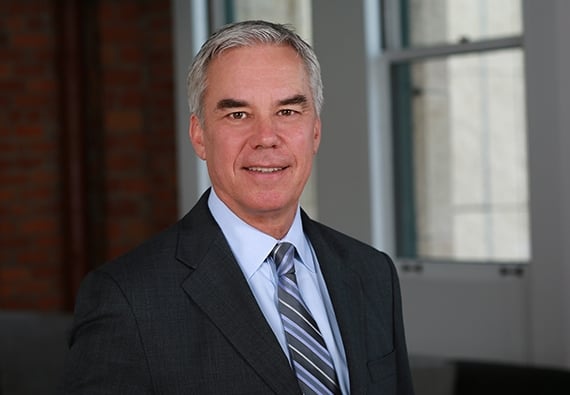California Supreme Court Confirms Special State Rule on Calculating Overtime Premiums Arising From Bonuses
In Alvarado v. Dart Container Corporation of California, the California Supreme Court clarified how a flat sum bonus – a bonus that is independent of the number of hours worked by an employee – must be enhanced to comply with overtime premium requirements. The ruling is consistent with Department of Labor Standards Enforcement (DLSE) guidance that overtime payment calculations arising from flat sum bonus under California law differ from federal requirements. In short, calculations of regular rate for California employees must use non-overtime hours worked, while the federal rule allows all hours to be used thereby creating a lower regular rate.
Background
Under California law, an employee’s “regular rate of pay” determines the rate of premium pay for overtime hours. The overtime premium is a percentage of the employee’s regular rate of pay, either 50% or 100% depending upon the number of overtime hours worked.
This regular rate of pay can include more than merely the employee’s agreed hourly rate. It may also need to include various forms of compensation earned by the employee during the pay period, such as commissions and bonuses. Each included compensation element must be converted to a per-hour rate (and included in the regular rate) by dividing the compensation element by the number of hours the employee worked to earn that element. The Alvarado court considered whether a flat sum bonus must be divided by (1) the total hours the employee worked during that pay period, or (2) only the non-overtime hours.
In Alvarado, the employer had provided employees with a $15 “attendance bonus” for each Saturday or Sunday worked, regardless of whether the employee worked any overtime hours during that pay period. Both the employer and the employees agreed that this flat sum bonus had to be added to the pay period’s regular rate of pay for overtime purposes, but disputed whether that addition should be based upon dividing the bonus by all hours worked in the pay period or only by the non-overtime hours.
The employer argued that the bonus should be allocated to all hours worked in the pay period, despite a DLSE enforcement policy that stated the bonus should be divided by only the non-overtime hours worked. The employer argued that the DLSE policy was a void regulation because it had not been adopted with adequate process, so the court should apply federal regulations dividing the bonus by the total hours worked in the pay period.
Although the court agreed that the DLSE policy was void, it nevertheless interpreted California law consistent with the DLSE. Since the attendance bonus could be earned even if the employee worked no overtime in the period, the court held that it should be treated “as if it were fully earned by only the nonovertime hours in the pay period.” Therefore, to determine an employee’s regular rate of pay under California law, the regular rate attributable to a flat sum bonus should be calculated by dividing the non-overtime hours worked by the employee.
The outcome for employers is that a flat sum bonus will result in a larger premium for overtime pay because the bonus will be divided by a smaller number of hours. For example, if the employee was earning $15 per hour, worked 48 hours in the workweek, and earned a $15.00 flat sum bonus, the regular rate would be $15.38 per hour, and the overtime rate would be $23.07, as compared to a lower overtime rate of $22.97 under the federal rule.
Significance
Employers now have clear guidance on how flat sum bonuses must be treated when calculating overtime rates for California employees. Employers who pay flat sum bonuses, or plan to pay such bonuses, should ensure that these bonuses are allocated only to the non-overtime hours worked by the employee when calculating overtime premiums. California employers who have previously followed the federal rule should re-evaluate their overtime calculations to ensure compliance with Alvarado. While a specified group of compensation enhancements need not be included in regular rate calculations, employers should obtain legal advice before making such exclusions.


